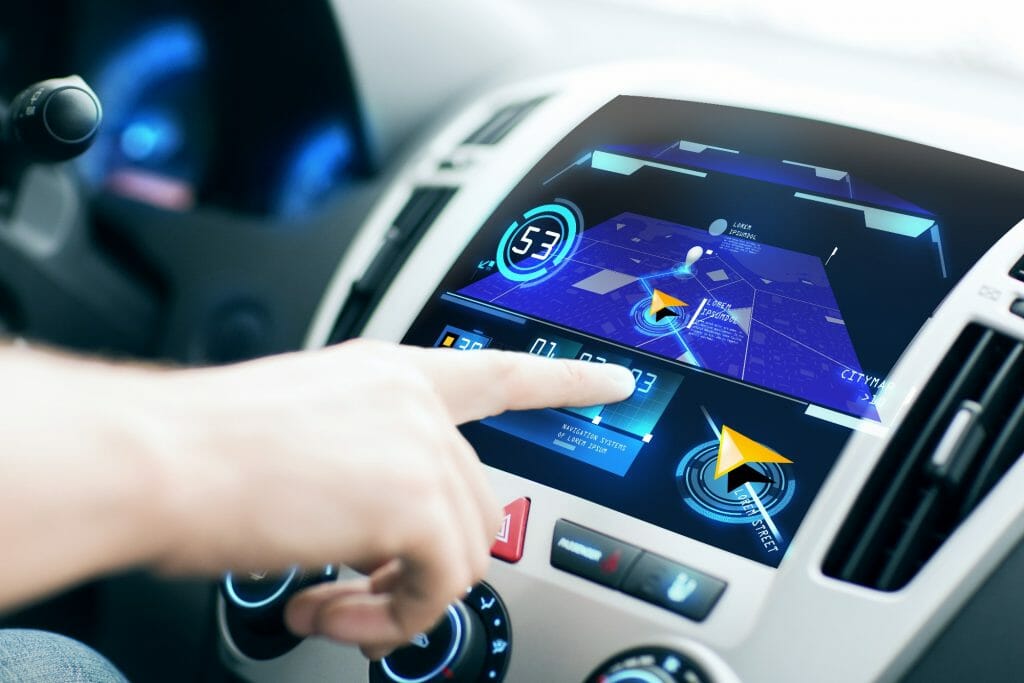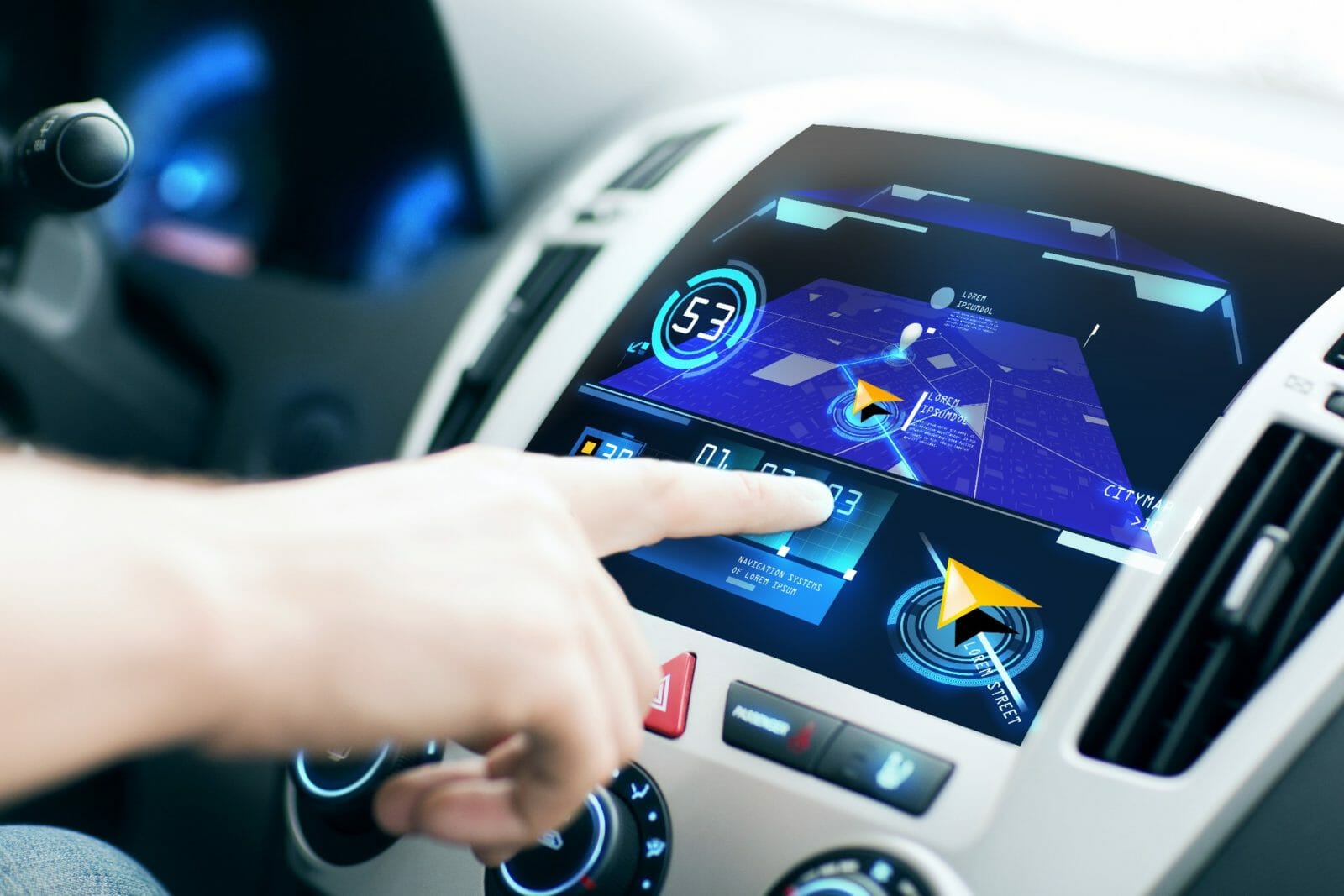Self-driving Cars Are Coming

 Northwestern University and Gallup conducted a poll of the American public in September and October of 2017. They asked people about how comfortable they are with the concept of autonomous vehicles, or self-driving cars. The majority of respondents said they were not comfortable, with 59% uncomfortable with riding in a fully self-driving car on a daily basis and 62% uncomfortable sharing the road with fully self-driving trucks. This would indicate that Americans are not ready for self-driving cars, but that will not stop them from coming or taking space on our roads and highways. Are auto repair shops ready?
Northwestern University and Gallup conducted a poll of the American public in September and October of 2017. They asked people about how comfortable they are with the concept of autonomous vehicles, or self-driving cars. The majority of respondents said they were not comfortable, with 59% uncomfortable with riding in a fully self-driving car on a daily basis and 62% uncomfortable sharing the road with fully self-driving trucks. This would indicate that Americans are not ready for self-driving cars, but that will not stop them from coming or taking space on our roads and highways. Are auto repair shops ready?
New technology often encounters the most resistance when it is first implemented or even before it’s introduced. Consider how many people thought they needed mobile telephones in 1990 – almost no one. It was a toy for very rich people and fictional heroes like James Bond. Today few people rely solely on their landlines, and daily life has been transformed in numerous ways by advent of the cellular phone.
What kinds of changes can we predict autonomous vehicles will bring? For auto repair technicians there will be many, including:
Less vehicle diversity – Currently, auto techs have to know how to repair an enormous variety of cars. They have to train constantly in order to expand their knowledge base. Self-driving cars will meet some of the demand for public transportation. People don’t need much from their taxi experience except comfort and safe delivery, and transport companies will purchase their vehicles by the fleet not by the individual car. Expect more cars on the road, then, to be some variation of a much smaller subset of cars designed to meet this need. With less diversity, auto techs eventually will need less training in terms of mechanics.
More software proficiency – Unfortunately, this reduced need for mechanical training will be replaced by a greater need for software training. This will include software and hardware installation training, and software updating as cars become more like phones, needing regular updates to continue to function. The public will not be able to fix their autonomous cars any more than they will be able to fix their cell phones.
Maintenance over repair – It’s estimated that 90% of automobile accidents occur because of human error. This is a big reason for a switch to self-driving cars: increased safety. With fewer collisions, there will be less of a need to do many of the repairs auto techs do today. Of course, the transition will take time, and there will still be plenty of people driving (and crashing) their cars into self-driving cars. But as self-driving cars take up more of the road, the push will be to keep them in good running condition. That means more oil and brake changes and fewer bumper replacements.
It’s hard to predict all the ripples that self-driving cars will create. People who grew up in an analog world will remember what life was like before computers, not just cell phones. So many things changed in homes, cars, and workplaces. Things are still changing. The auto repair industry needs to prepare for maximum flexibility, then. People like driving, and they like owning cars, so there will always be a variety of different cars on the road and a need for auto techs to fix them. However, if you’re an auto tech who is uncomfortable with technology or change, you might want to consider a career change.


Responses